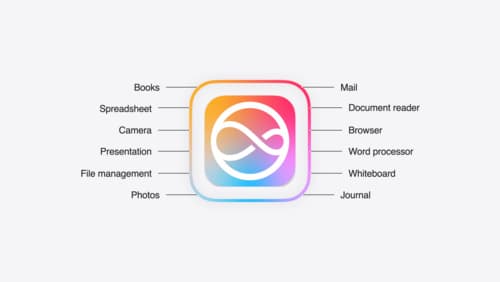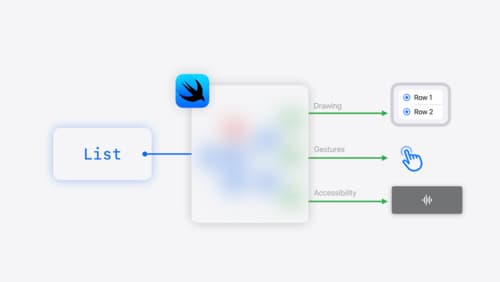@Model
Asked on 2024-08-01
1 search
Sessions Mentioned
- What’s new in SwiftData
- SwiftUI essentials
- Bring your app to Siri
- Demystify SwiftUI containers
- Platforms State of the Union
Answer
SwiftData Enhancements
- Model Macro: The model macro is a powerful tool that jumpstarts the persistence experience by decorating all persistible classes. It allows customization of the schema with macros for attributes and relationships, and marking properties as transient to avoid persisting them. This year, a new schema macro allows constructing compound constraints on persistent models (What’s new in SwiftData).
- Sample Data for Previews: SwiftData now supports creating sample data for SwiftUI previews. This is done by creating an in-memory model container and loading sample data into it, making it easier to work on app views using SwiftData queries (What’s new in SwiftData).
- Previewable Macro: The new previewable macro helps in making great previews for views that rely on models being passed to them (What’s new in SwiftData).
SwiftUI Enhancements
- Custom Views: Custom views in SwiftUI conform to the view protocol and have a body property to return the view it represents. They can have inputs that change how their body is created, allowing for reuse and composition (SwiftUI essentials).
- Searchable Modifier: The searchable modifier can be applied to views to make them searchable, with additional customization options like suggestions, scopes, and tokens (SwiftUI essentials).
- State Management: SwiftUI has several tools for state management, including state and binding. State creates a new internal source of data for a view, while binding creates a two-way reference to the data (SwiftUI essentials).
Siri Integration
- App Intents: Entities in your app can be modeled and combined with app intents to allow the system to perform actions with your entities. For example, an open asset intent can be created to open a particular asset entity in your app (Bring your app to Siri).
SwiftUI Containers
- Composition: SwiftUI containers support flexible composition, allowing for both static and dynamic content within the same list. This is achieved by using views like
ForEachwithin aViewBuilder(Demystify SwiftUI containers).
Platforms State of the Union
- SwiftData: The Platforms State of the Union session highlighted the simplicity and power of SwiftData, including new features like the index and unique macros, which enhance query efficiency and data integrity (Platforms State of the Union).
If you have any specific questions or need timestamps for particular topics, feel free to ask!

Bring your app to Siri
Learn how to use App Intents to expose your app’s functionality to Siri. Understand which intents are already available for your use, and how to create custom intents to integrate actions from your app into the system. We’ll also cover what metadata to provide, making your entities searchable via Spotlight, annotating onscreen references, and much more.

SwiftUI essentials
Join us on a tour of SwiftUI, Apple’s declarative user interface framework. Learn essential concepts for building apps in SwiftUI, like views, state variables, and layout. Discover the breadth of APIs for building fully featured experiences and crafting unique custom components. Whether you’re brand new to SwiftUI or an experienced developer, you’ll learn how to take advantage of what SwiftUI has to offer when building great apps.

Platforms State of the Union
Discover the newest advancements on Apple platforms.
